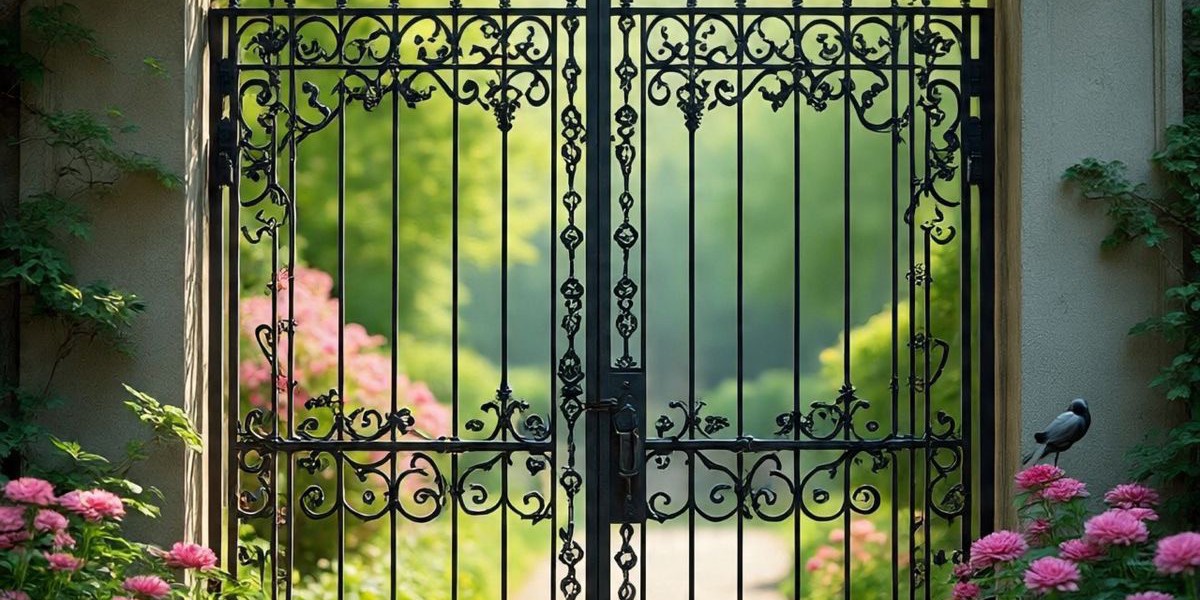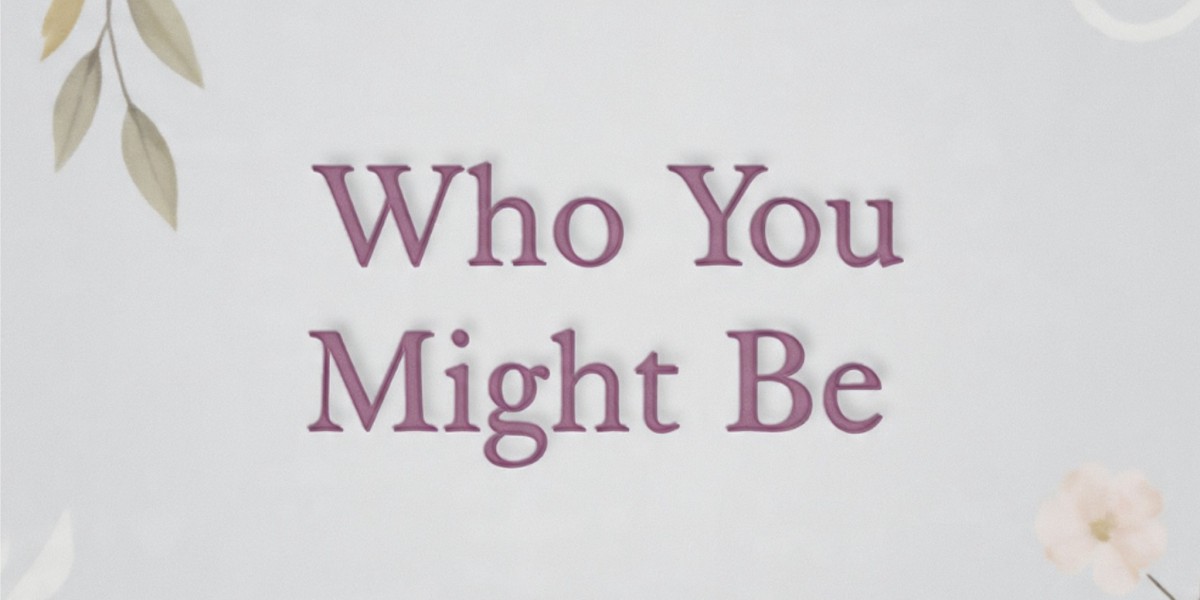Much of the history of humanity has been characterized by “othering”, the process of exclusion based on physical traits, personal preferences, religious traditions and cultural trends.
And because of that sad history of hostility, in modernity, people crave unity with everyone and every thing regardless of incompatibility…creating yet another form of “othering” as those who don’t want to or are unable to unite for the sake of unity are set on the outs as hateful, bigoted, and subhuman savages.
And in religion there really is little difference. We “otherize” based on belief and creeds instead of physical appearances and personal choices. And there are two ways of “otherizing”: one is simply to know who is our kind and who is not. The other is to dehumanize and demonize the “other”.
All forms of “othering” are based in fear. Yet fear of the unknown. Fear of strangeness. Fear of differences. Fear of change. There is however a healthy form of fear, the rational fear of true danger, which leads to fences and walls, locks and keys.
The first type of fear is rooted in ignorance but the second based on experience. And while the first form of fear is driven by hate the second form of fear is driven by love.
Fear of the unknown leads to irrational reactions. But fear of the known leads to rational responses.
“Othering” is important and necessary but which reason why it’s happening is everything to the outcome. “Othering” on the basis of irrational fear means hatred for anyone not part of the in-crowd, even (for some people) extending to family and friends. It fosters feelings over facts and blinds the minds of humankind to what matters most, the humanity of the “other”.
But “othering” on the foundation of love makes no hatred of outsiders but only invaders. It creates boundaries, for healthy living of both us and the “others” - we here and them there. And it allows for interaction and cooperation, where possible, for trade and toleration, cultivating respect and mutual understanding.
“Othering” for love as opposed to hate enables the existence of homes and families, both for us and for the “others”. They have their homes, and we have ours. They have their families, and we have ours.
Peace and health and joy can exist in this environment and unity in each family and only in this version of “othering”. And thereafter, once boundaries are established then alliances can be made with “others” for the benefit of both families.
Everyone is not the same and forcing unity on everyone only makes “otherizing” worse. Forcing bounderies on everyone else is only inviting infractions, since the bounderies are ours not theirs. But setting our own personal boundaries and guarding them, this and only this kind of “otherizing” is rational and should be reasonably acceptable to all.
We decide what we will do or not do, what we will be party to or avoid, who we will accept as our own family or reject as belonging to someone else’s. We choose our beliefs and practices and are careful who we call kin….and this behavior in turn should encourage “others” to do likewise for themselves.
Once we know where our boundaries are and where the boundaries of “others” are, then we can find ways to work together where we can, to interact as we are each able, to find common ground, and even to becomes friends. But all this is possible only when we know both their nature and our own as “other”. Not “other” than human, not “other” than valuable, not “other” than lovable. Simply “other” than eachother.
“Otherness” and “otherizing” is both positive and necessary - So long as we remember why we are “othering”. Not because the “other” is a lesser or a loser but because the “other” is simply different from us in deeds or beliefs. And that’s okay. We are free to differ, free to be “otherizing”, so long as we hold the line and protect our home and family….and protect the right of the “other” to do the same.
Second Guess First Assumptions
Question Everything
Get Biblical






